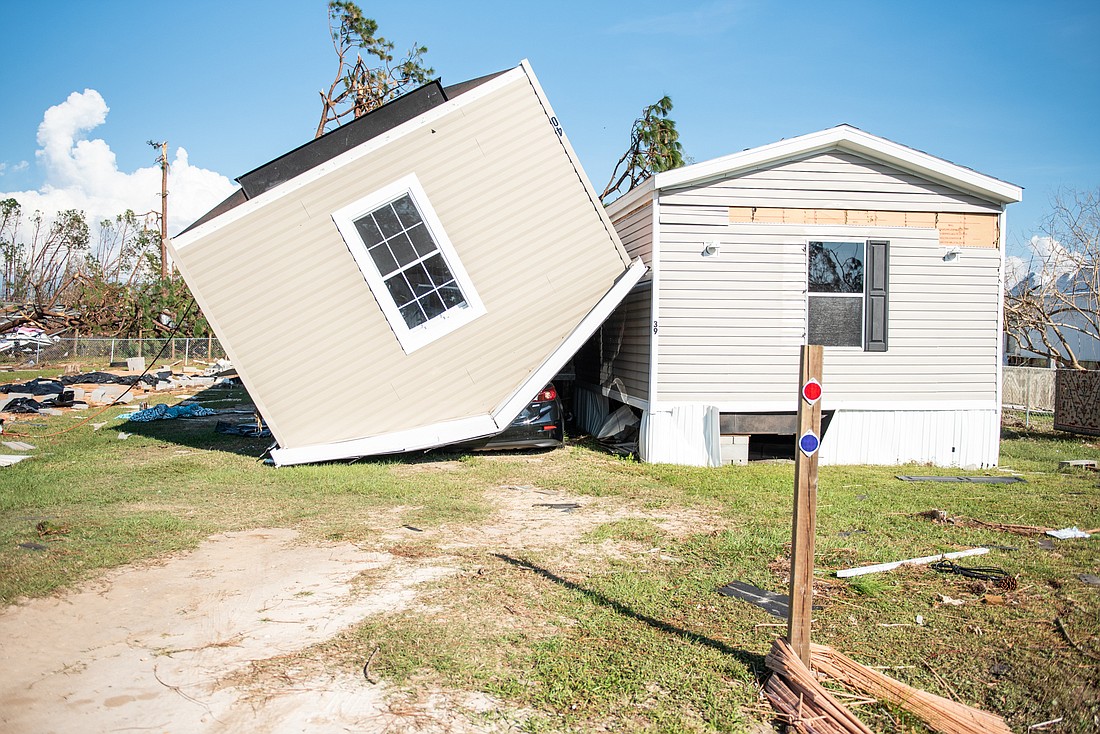- December 15, 2025
-
-
Loading

Loading

Legislators will reconvene in Tallahassee on Gov. Ron DeSantis’ order to tackle the looming, if not imminent, property insurance catastrophe that could leave the state on the hook for billions and homeowners struggling to get repairs done if a major storm hits this hurricane season.